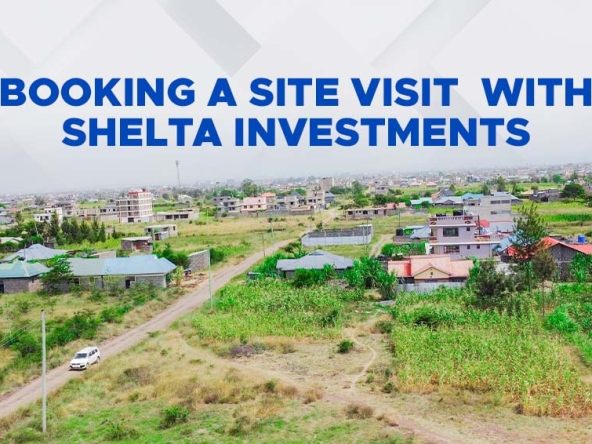Are you a landowner in Kenya seeking capital for business expansion, home construction, education, or emergencies? In 2025, using your title deed to secure a loan remains one of the most accessible and reliable ways to unlock funding from banks, SACCOs, or microfinance institutions.
This 2025 step-by-step guide walks you through the latest process, requirements, and key considerations when applying for a loan against your land title deed in Kenya.
Confirm That Your Title Deed Is Clean and Valid
Before applying for a loan in 2025, ensure your Title Deed is:
- Original
- Valid
- Registered under your name
- Free from encumbrances (such as existing loans or disputes)
How to Check
- Conduct a land search at the relevant Land Registry Office (or online via ArdhiSasa for Nairobi properties).
- Confirm that there are no caveats, charges, or co-ownership issues.
- A clean title deed is non-negotiable for any financial institution in Kenya.
- Choose the Right Lender (2025 Options)
You can use your title deed to secure a loan from:
- Commercial Banks (e.g., KCB, Equity, Absa, NCBA)
- SACCOs (e.g., Stima, Harambee, Mwalimu)
- Microfinance Institutions (e.g., Faulu, Kenya Women Finance Trust)
- Digital Lenders (some registered fintechs now offer land-secured loans)
Compare
- Interest rates (currently ranging between 12%–18% annually)
- Loan terms (up to 5 years, depending on the lender)
- Hidden fees and penalties
- Flexibility on partial disbursements
- Prepare the Required Documents (2025 List)
You will l need
- Original title deed (freehold or leasehold)
- Copy of National ID and KRA PIN
- 3–6 months bank statements or payslips
- Land search certificate (recent, within 30 days)
- Passport-sized photos
- Affidavit (if applicable, e.g., for spousal consent)
- Valuation report (arranged by the lender)
- Application forms (provided by the lender)
Land Valuation and Due Diligence
- Once your loan request is received, the lender will:
- Send a licensed valuer to inspect and estimate the market value of your land
- Conduct legal due diligence to verify the ownership and title status
- Tip: In 2025, most lenders finance between 50%–70% of the land’s market value.
Charge Registration at the Ministry of Lands
If your loan is approved:
The lender prepares a charge document to be registered on your title
This is done at the Ministry of Lands or via ArdhiSasa (for digitized areas)
Once registered, your title deed shows a charge in favor of the lender, meaning they can auction the land in case of default.
Loan Disbursement
After registration:
- The loan is disbursed either directly to your bank account
- Or to a supplier, if the loan is for construction or business purposes
- Disbursement timelines vary but typically take 5–14 working days.
Repayment and Discharge Process
- Follow your repayment schedule strictly. After completing payments:
- The lender issues a discharge of charge
- You’ll then register this discharge at the Land Registry to fully reclaim title ownership
- Always keep a copy of the discharged title and discharge form for future reference.
Important 2025 Tips When Using Your Title Deed as Collateral:
- Only use land that is legally yours and dispute-free
- Borrow amounts within your repayment ability
- If married, get spousal consent—a legal requirement in Kenya
- Avoid unlicensed private lenders—check their registration with CBK or SASRA
- Consider insuring your loan in case of health or income interruptions
Conclusion
Use Your Title Deed as a Gateway to Growth in 2025
Owning land in Kenya offers not just security but also financial leverage. By using your title deed as collateral, you can access affordable credit to fuel your ambitions. However, the process must be handled responsibly, with due diligence and a repayment plan in place.
Whether it’s for business growth, property development, or investment, 2025 presents more financing opportunities than ever for Kenyan landowners.




